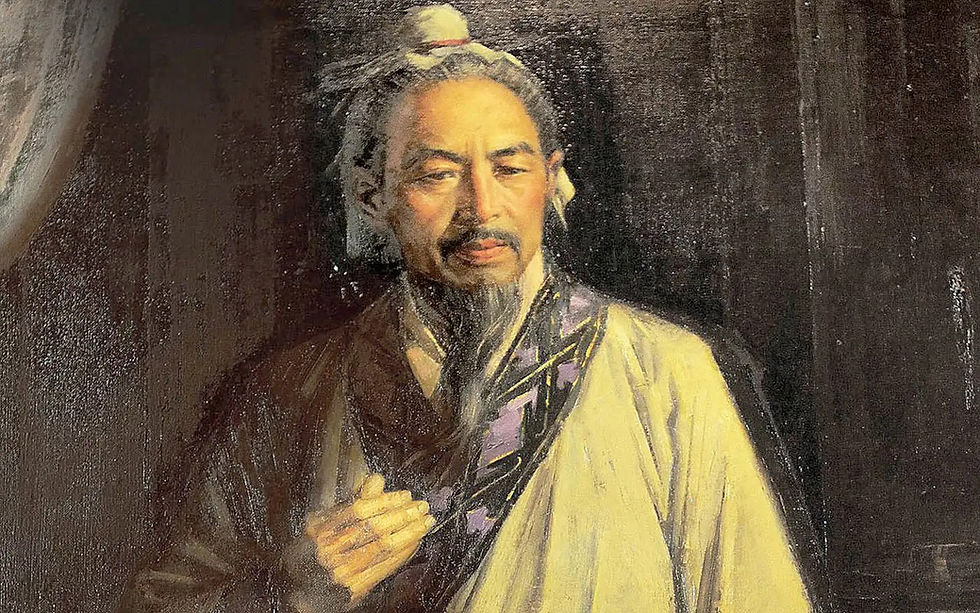Taoism and Sun Tzu (Sun Zi)
- Cem Batırbaygil

- Sep 14, 2024
- 2 min read
Taoist and Confucian thought permeates both the fundamental principles and practice of Chinese warfare. This influence can be seen particularly in Sun Tzu, China's foremost strategist and military thinker, and in modern Chinese warfare.

If the importance of Confucianism is seen primarily in the general principles behind Chinese warfare, Taoism can be identified specifically in the development of Chinese tactics. A key example is its complete adaptability and flexibility of change. Taoism's focus on nature makes it particularly open to terrain and seasonal factors, as well as the dynamic ch'i energy that binds allies and enemies together. Specific examples of Taoism's influence can be seen in Sun Tzu's The Art of War.
Sun Tzu offers a practical approach to warfare and strategy. His strategic theory can be summarized as rejecting brute force in favor of cost-minimizing techniques. He encourages generals to outsmart and anticipate their opponents, to make extensive use of deception to disrupt asymmetrical balances of power, to embody form and formlessness, and to use force quickly and decisively when victory is assured.
Taoist dialectics provides the philosophical framework behind a number of Sun Tzu’s principles. For example, both emphasize balance. Taoist ideas about balancing contradictions and harmonizing with the universe allow the general flexibility to adapt to his environment. It takes a master of balance to know exactly how to create imbalances. As Sun Tzu advised to defeat an enemy: “If they are at rest, force them to exert themselves. If they are united, force them to separate. Strike where they are unprepared. Go where they are least expected.” Indeed, the qualities of a master general are complementary to those of a master Taoist.


